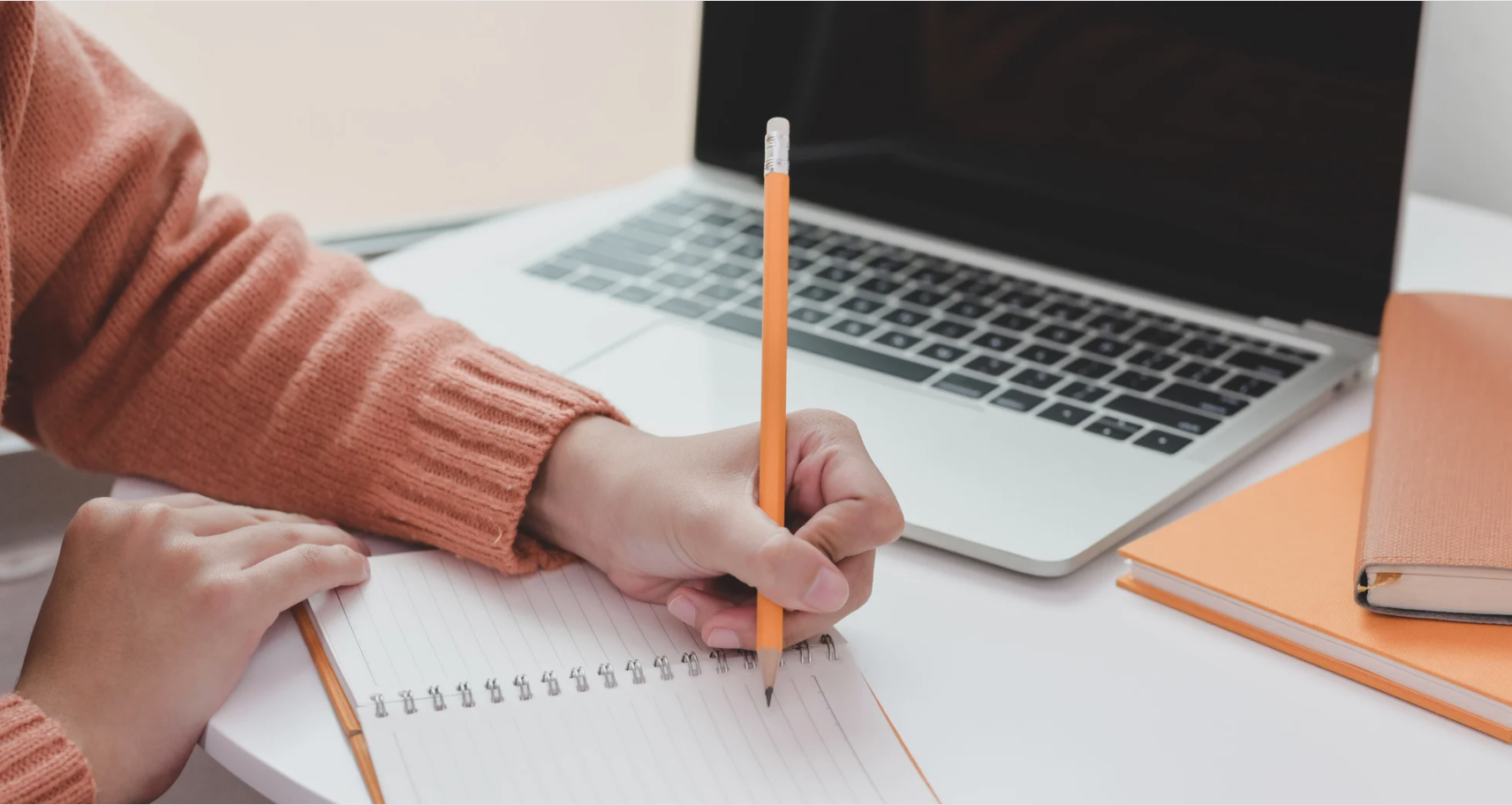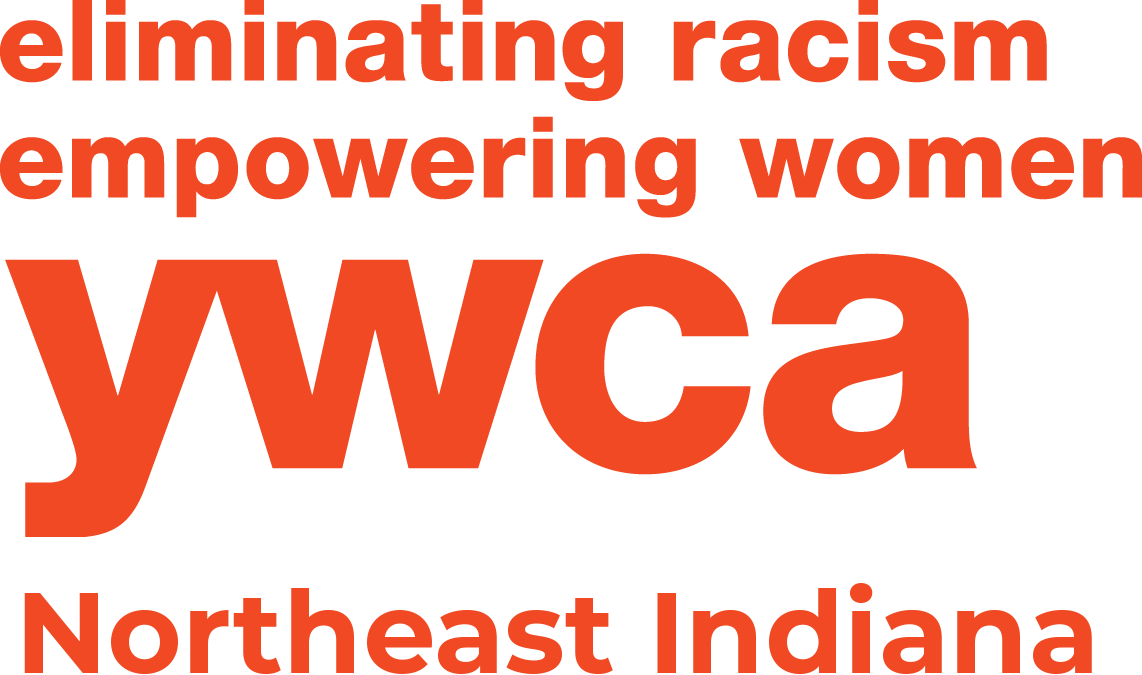Dear AllY,
My late grandmother, Betty, lived with us for a time. I vividly remember her smoking cigarettes and ironing towels while watching soap operas. Grandma Betty was ambidextrous, but she was born left-handed. She shared stories of getting her left hand slapped by teachers until she was retrained to be ambidextrous. Her left-hand preference never lessened, she just learned how to adapt and perform with her right hand as well. The punishment, and more importantly the belief that punishment was needed, was perplexing to a kid born in the eighties. By the time I entered first grade, this type of retraining was no longer practiced, but a culture of superstition around left-hand dominance continued in many circles. In some cultures, left-handedness signifies evil, while in Christianity God’s right hand is favored and the left hand is for punishment and restraint. To this day, in Senegal, cab drivers will not accept money from your left hand. Betty was a frequent visitor of truck-stop diners, loved listening to Johnny Mathis, and couldn’t get enough of Austin Powers. She was also a kind soul, and the furthest thing from evil.
According to some experts, a little over 10% of the world population is left-handed. Half of the United States presidents since WWII have been left-handed and from the period of 1981-2001 we were led by left-handed presidents. Elections would have gone differently had we chosen to stick to the left-handed superstition of yore. While it is no longer socially acceptable to retrain those who happen to be born with left-hand dominant wiring, we still live in a right-hand dominant world. Those of us who are right hand dominant, do we ever stop to think about how the world is molded to our convenience? Let us take a step back to consider just some of the items geared towards right-handed people: our notebooks, scissors, zippers, and credit card machines. To see the way these little things add up, amounts to a type of privilege.
Additionally, there may be health and behavioral implications to suffering from left-handed dominance. A 2014 Harvard study suggested that in comparison to right-handed people, lefties tend to suffer from more learning disabilities (such as dyslexia), as well as behavioral and emotional problems. Left-hand dominant people also complete less schooling, work in less cognitively demanding positions, and have lower annual earnings than right-hand dominant people. I encourage you to find a left handed person in your life and ask them about the ways in which being a “lefty” has impacted some of their experiences. The act of asking a left-handed person about their experiences should not invalidate or devalue yours. Nor should this type of difference threaten your sense of identity and well-being.
Keeping in mind the comparison of left-handedness, and our ease of being able to talk to people about that subject, let us ponder as to why we find ourselves grappling to acknowledge the implications of differing experiences and perspectives addressing racial and cultural differences. Where do we stand on being sympathetic in that understanding? What are the forces that encourage us to either stand up, or step aside, in the face of individual discrimination or systemic racism? This is where our society gets stuck when it comes to progressing conversations of race.
One of the things I find fascinating about racism, as a system of oppression, we can trace the ways in which race has been used over our historical spectrum to exclude, disenfranchise, and blatantly oppress brown and black Americans. But when it comes time for healing and collective repair, race is seemingly the first thing we want to skip past. It is not enough to acknowledge racial differences. We have to talk through the ways in which racial myths have been pervasive in American historical ethos. In light of the Supreme Court’s recent affirmative action ruling and the increase in hate crimes it seems more important than ever that we, as individual allies in training, walk through the conversation of racial differences, even in the face of discomfort. If we can now manage to include left-handed people in the folds of our society, knowing that our previous understanding was fundamentally flawed, why can’t we do the same with our fellow black and brown human beings?
Heather Guy, Racial Justice Coordinator

AllY Toolbox Resources
Race is real, but it’s not genetic Article
Courageous Discomfort Shanterra Mcbride & Rosalind Wiseman – Video & Book recommendation
